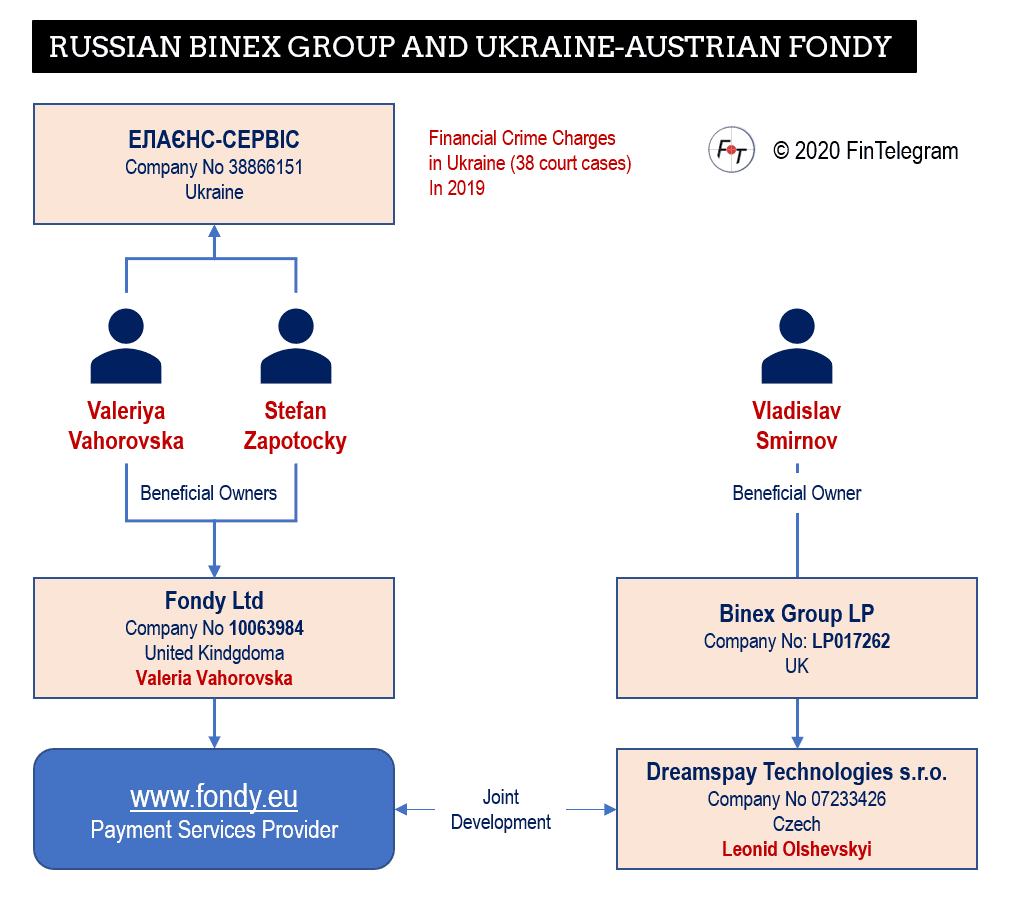FinCEN Leaks are currently a big topic in the financial industry. The analysis of the approximately 2,500 Suspicious Activity Reports (SARs) leaked FinCEN documents demonstrates what FinTelegram has been stretching out for years now – money-laundering is still not really taken seriously by financial institutions. The FinCEN Leaks also have a direct connection to the Vienna Cybercrime Trials and the collapsed Austrian Meinl Bank.
The collapsed Meinl Bank
A significant proportion of the leaked SARs affected the Austrian Meinl Bank, which is said to have laundered billions in bribes for the scandal-ridden Brazilian Odebrecht Group through its former subsidiary Meinl Bank Antigua. Of course, Meinl Bank denies the allegations and says that it never knowingly processed bribes. A total of 1.6 billion dollars is said to have been moved through Meinl Bank Antigua.
Meinl Bank‘s banking license was revoked by the European Central Bank (ECB) in November 2019 after it became known that hundreds of millions of dollars had been laundered from Ukraine. According to an OCCRP report “The Vienna Bank Job“, more than $460 million is said to have been laundered only between 2014 and 2015 through 14 Ukrainian banks and Meinl Bank. Authorities in four countries have confirmed that criminal investigations into the laundering of hundreds of millions of euros and dollars were carried out against Meinl Bank between 2011 and 2015. These funds would then have disappeared into offshore companies.
Meinl Bank and cybercrime
In the first of the Vienna Cybercrime Trials (“VCT“), the Israeli Gal Barak was sentenced to four years in prison for investment fraud and money laundering in early September 2019. His partners, the Georgian Gery “Gabi” Shalon is accused of financial crimes in the U.S., and the Russian Vladislav “Vlad” Smirnov (aka Vladislav Khokholkov) are also listed as accused in the VCT criminal file along with Barak’s wife Marina Barak (aka Marina Andreeva) and more than a dozen of other co-conspirators. The charges against Marina Barak have already been served. The FinCEN Leaks have a direct connection to the VCT.

In August 2018, Meinl Bank issued SARs against Vladislav Smirnov and his Seychelles-registered Keyring Holdings Ltd. The public prosecutor’s office then ordered the freezing of the funds in Keyring Holdings‘ accounts with Meinl Bank. More than €2 million was secured in accounts opened in 2014. The beneficial owner of Keyring Holdings, which was founded in 2009, is Smirnov, born in December 1974, with contact addresses in Moscow and Budapest. Keyring Holdings received money from construction companies from Russia and Scotland such as Estim LLC or Sygmasteel Construction LLP.
Via Keyring Holdings, Smirnov has not only rented yachts from Ritzy Charters but has also invested via OldyPak Capital LP €2 million in the Telegram Private Token Placement, which was recently declared illegal by the U.S. OldyPak Capital is a joint company with Gery Shalon.
The Russian Financial Empire
From Keyring Holdings and Meinl Bank, the trail of money once again leads to Cyprus. Mesouri Investments Limited, which was also founded and registered in Cyprus with Keyring Holdings also acts as a director (OpenCorporates). This means that Smirnov is to be seen as a beneficial owner of this Cyprus entity.

Vladislav Smirnov is the ruler of a network of payment processors with the Russian flagship Net Pay (www.net2pay.ru). Through his Binex Group, he has also operated a payment processor in Montenegro – the BINEX Podgorica DOO – which is at the center of investigations by various prosecution offices.
In Austria, Smirnov has had dealings with the Fondy Ltd. of the former head of the Vienna Stock Exchange Stefan Zapotocky and his partner Valeriya Vahorovska, a Ukrainian living in Austria. Fondy, which is regulated by the UK Financial Conduct Authority (FCA), is controlled by Stefan Zapotocky, who, according to UK Companies House, holds more than 50% of the shares.
to be continued
